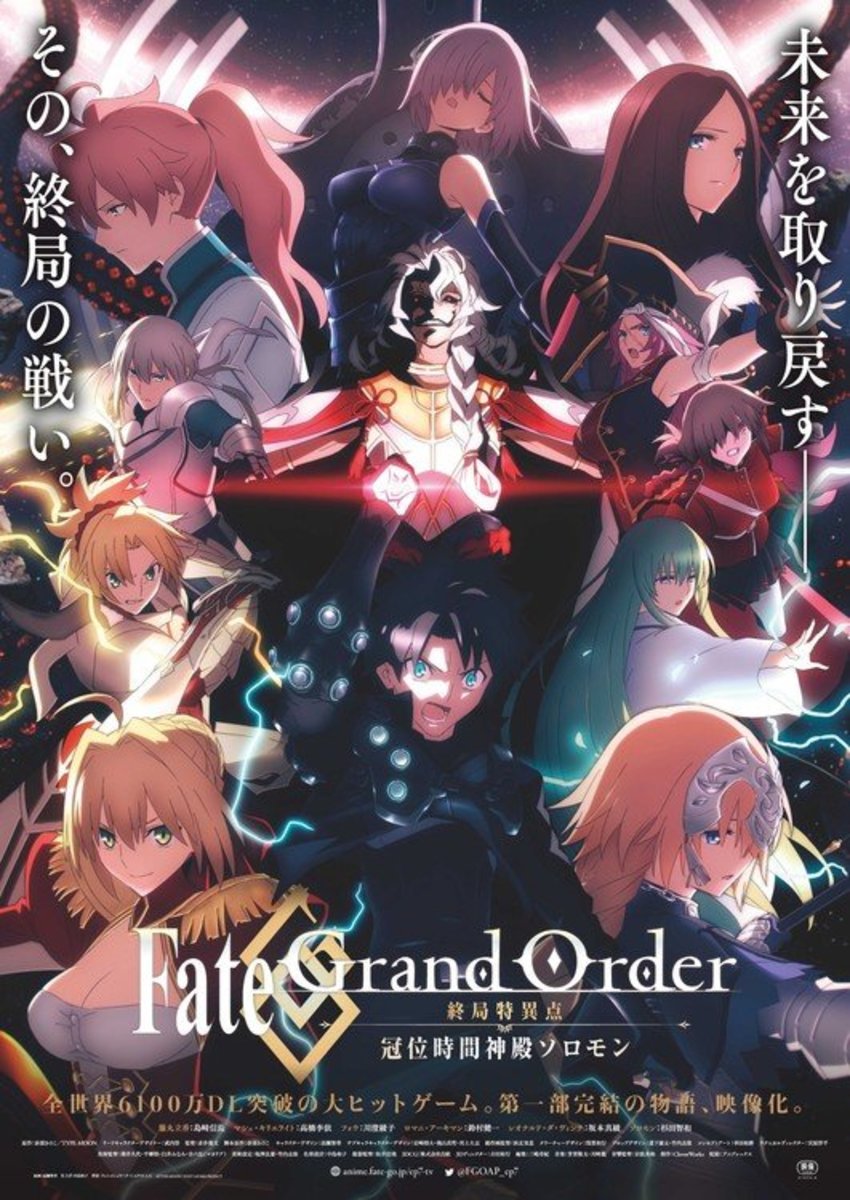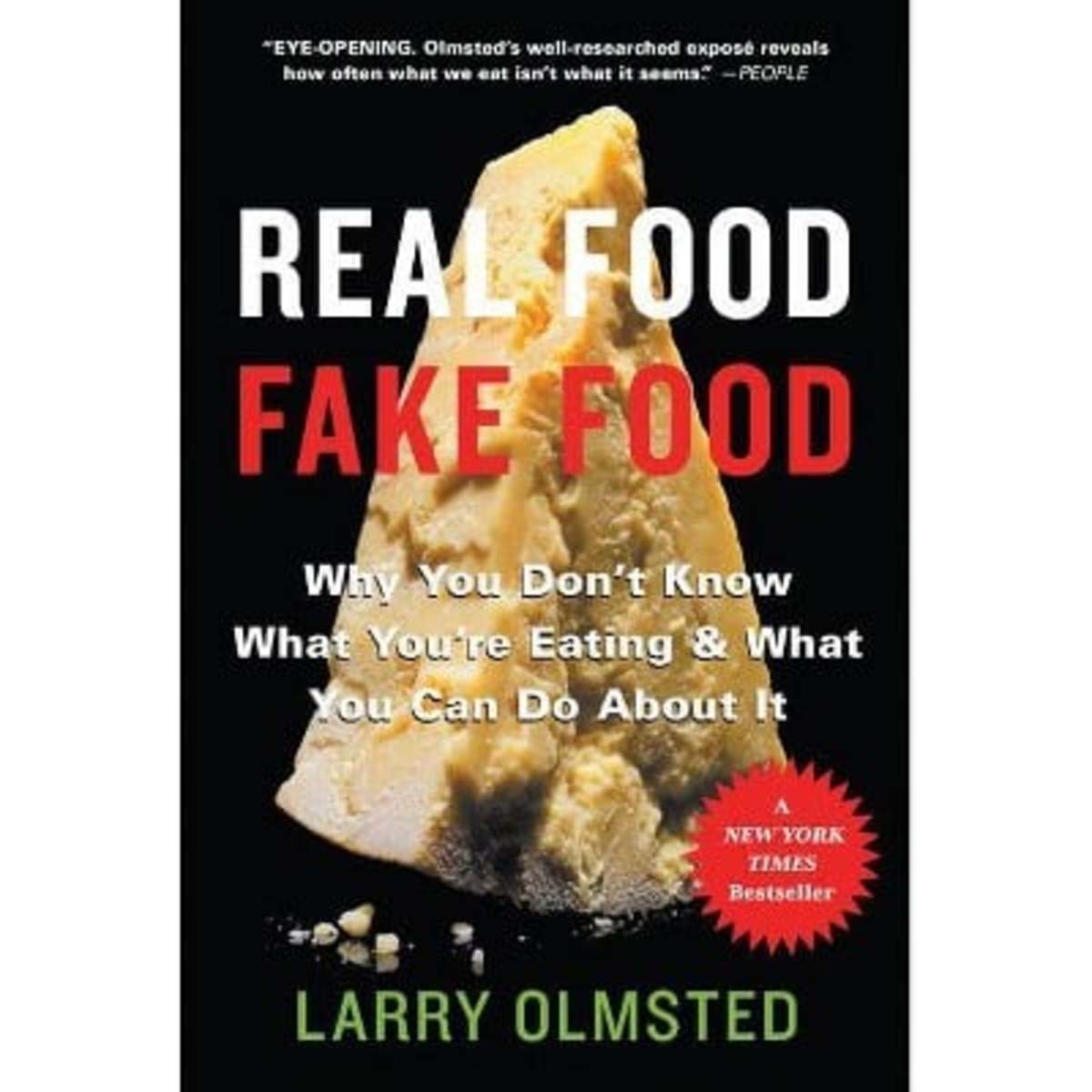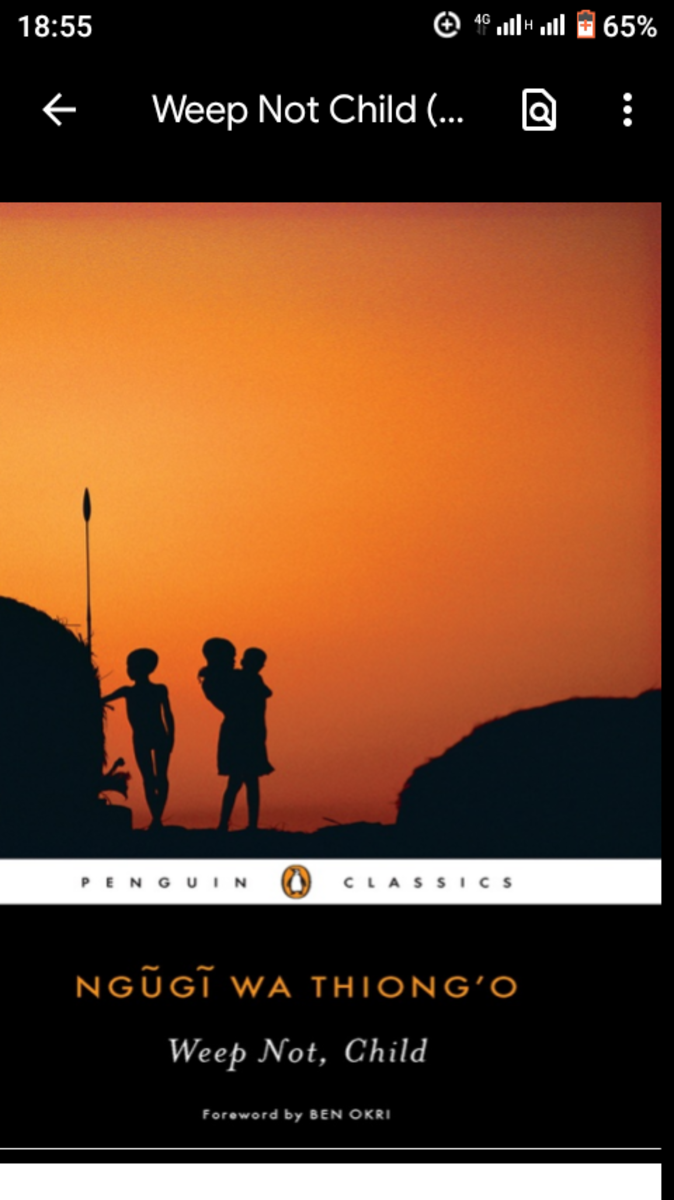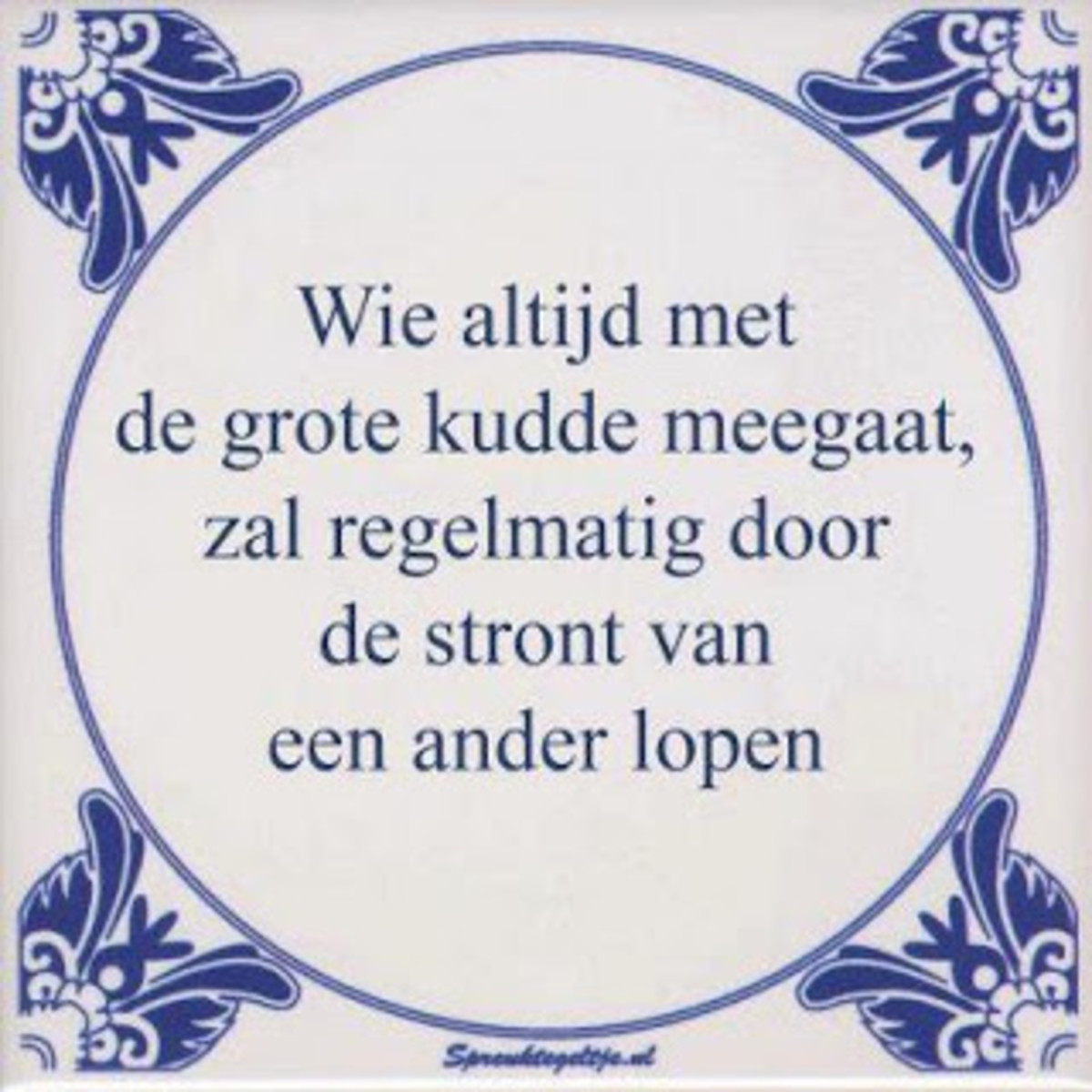The 17 Most Poignantly Memorable Titles I've Ever Read

Introduction
There are those tales that always resonate in one's frontal lobe owing to their commonality of detail and timelessness. This list deviously excludes big novels like Moby Dick by Herman Melville and Victor Hugo's Les Miserables and instead focuses on popular and unknown short works, whether short story or novella that one can read in one sitting. This is by no means the whole repertoire of what I love. Other mentions that barely made the list include, A Death in Venice by Thomas Mann, Bartleby the Scrivener by Herman Melville, the Tales of Shalom Aleichem and How Much Land does a Man Need, by Leo Tolstoy, among others.
Next is the list:
0. Ligeia, Edgar Allan Poe: all the Tales of Imagination and the Arabesque , including the atmospheric gothic poem, The Raven, by Edgar Allan Poe are collectively peerless. However, some are more gruesome in appeal than others, viz. The Pit and the Pendulum and Masque of the Red Death, while some, claustrophobic, like the Fall of the House of Usher and yet others, like William Wilson are downright brilliant. In the same way many are excruciatingly beautiful and nostalgic.
Ps: yours Lady Ligeia, perhaps the most poignantly beautiful of all Poe's cannon.
1. Portrait of Jennie, Robert Nathan. This is the story of an artist, Eben, who has been possessed with the raising of the perfect picture of a teenage girl who is the Jennie of the book. She maybe the wisp of an illusion but at the end of the day she gains substance after the painter makes it his point to go after her shadow that materializes severally, each time seemingly more grown up, before he loses her completely. From New York to Cape Cod, through the storm and time, and through the fig of imagination and reality, romantic and Hellenic love never came closer to be than in this story.
What makes it poignant: the story is in the first person, which adds credibility, and despite the lose-and-regain factor of the evasive girl in the book, there is that permanence of a storm that never goes completely away thus helping the writer craftily gain continuity where ex-machina may have been the only natural option.
1. [tie]. Germelshausen, Friedrich Gerstäcker: a tale from 1860 about a hamlet in Bohemia that stayed underground for centuries from a curse only to rise like a sphinx from the ashes once each hundred years.
Poignant moment: The time the protagonist waltzes away with the girl he meets for this last dance before the minutes tick away to the midnight of the present century.
2. National Velvet, Enid Bagnold: One of the most famous wins in a horse race by a little girl from a forgotten English village. It tells the grit and wonder of a teenager going against odds and wining the most prestigious race in the country. For that, Velvet Brown got the self-title, National Velvet.
What is most poignant: The character Mia, who looks after the ponies and mares does everything very meticulously, that even 'National Velvet' who is close friends with him takes note of how he sweeps every crumb of dirt down a hole in his room to make it superbly clean. No wonder his perfectionist nature resounds in the book after the heartfelt triumph.
3. The Fox, D. H Lawrence. This is about two sisters who live in the backwoods of Berkshire alone during World War 1. They have developed such a strong bond of mutual support and in their loneliness one may see the strongest of human bonds: that of sisters against the marauder, in this case the fox who takes away their fowls. Though some critics have read this story as one having lesbian overtones, it is nevertheless a quite powerful one, even nostalgic at that. The fox of the book turns out to be also a young man in love with one of the girls to the hard feelings of her sister.
What makes the story poignant: it is irresistibly hedged out in the woods amidst the fear of nature and the love of your dearest sister.
4. The Attack of the Mill, Emile Zola. Told in the great naturalist tradition of which Emile Zola was eminent, this short story is memorable because of the way the characters await their chance against their bitter foes in the Franco Prussian wars. The prolonged foreplay is wrought with vivid details of life in the late 19th century France and this makes it a strong candidate for early realistic literature. The centerpiece of the story is whether Francoise will save his upcoming father in-law or his bride-to-be, amid the war in the mill’s vicinity.
What makes it poignant: even as it reminds of a conflict that now lives in the shadow of the world wars and other modern wars, it is a great case of just how a war story can be moving in a human, common way.
5. A Country Doctor, Franz Kafka: One fine evening a doctor in Germany comes home only to receive a call that one of his patients is dying. From then on the story turns into a whirlwind of mysterious ceremonies. When the family knows that the man won't cure their patient, they put the metaphoric cloak of god on him and make him lie side by side, and cheek to cheek with the patient until he cures him. Other events as mysterious as the first follow. The aura in the story somehow surpasses that of the major works of Kafka, including The Trial (below) and The Metamorphosis.
The most poignant atmosphere: This derives from the almost uncouth belief of the people, forcing a doctor into a god, coupled to the author's matter-of-fact writing as if nothing strange is afoot
6. No Highway, Nevile Chute: When a space scientist claims that airplanes cannot exceed certain mileage in the sky and survive and his prediction comes true through a series of past Reindeer crashes, he becomes a bittersweet epitome of this novel that is abstract and really brilliant at the same time. Mindbogglingly frightening too...
Most poignant aura: after the crash of a Reindeer, the scientist, Honey, is in another Reindeer on the way to examine the debris of the latest crash and when the crew confides to him that the number of mileage for the airplane is close to the lost one, worry sets in...
7. Of this Time, of that Place, Lionel Trilling: A story about the placement of key events in life, in time and place. It is also a study into madness, illness and psychological conditions. Lionel Trilling uses this as the center of a canon of five tales all centering on poignant themes in life such as madness and health.
Key moments: when the history lecturer in Dwight institution asks Tertian who he is in an essay, the latter writes that ‘Tertian I am…but who am I…of this time, of that place, of some parentage, what does it matter?’
8. Sorrow Acre, Isak Denison: when a woman in Denmark requires a favor from her manor lord that means life and death for her and her son who is accused of burning the mowing barn, it is time to see the grit of humans against their fellow mortals when she accepts the offer of her heartless employer to mow a long piece of land from dawn to dusk until she falls down. The moral of the story is that life is meaningless because even if she accomplishes the task, she falls with the rise of the hay she has mowed completely.
Most poignant aura: a stark reminder of the peasantry that existed in romantic societies in the continent before Europe came on its own in recent centuries.
9. A Tale of Ak and Humanity: a very relevant tale about how a mayor in a town in eastern Europe decided that one too many people were more than enough for his little city. What he had to do is to purge the bad from the best. He selectively called a census that required every citizen to present themselves with their families to check in which category they belonged: only those rich, healthy and well-off enough would be the select few not to be killed off.
Most poignant detail: the story is memorable because it is a symbolic reminder of the world in which truth is stranger than fiction: bureaucracy has become so much a part of society that the government rules what will happen to its citizenry and whatever bill passes no matter how perversely absurd, becomes law.
10. The Post men: In Poland before the advent of modern telecommunications, postmen considered of a line of human network. Each man stood a few hundred meters from the other and had to shout the latest message down the line. Provided the day was clear, one could do it easily down the wind: the devil forbid if it wasn't or the next postman was stricken sick for one had to run a kilometer or so to shout the urgent message down the line till it reached the last postman maybe hundreds of miles away!
11. The Gentleman from San Francisco: Ivan Bunin did this whale of a tale, about a rich American man traveling to Europe with his next of kin, with a lot of dexterous care. The story is just like any other ship story only that in this liner there are deeply symbolic and studious details that mean everything to the deep reader, especially the materialism of the western world and its futility when the gentleman turns back on the same vessel, this time in a coffin. It is a warning that one is reading and one has to experience the story rather than 'read' it straight.
Most poignant detail: The characters, the make-believe couple in the ship that the crew orchestrates to act romantic love as if it is something real, and, of course, the gentleman from San Francisco are all in the 'belly' of this gigantic steel whale, if you get the implication.
12. 1984, George Orwell: soon after Big Brother declares that the world is no longer for freewill(ers), there is one character, Smith, who tries to defy Him through love but will he?
Most poignant moment: the time the hero, Smith, is under incarceration, there is a pole-like, malnourished man who begs to be released only to hear the ugly sentence which triggers one of the most humorously heartrending breakdowns of a man in all of literature.
13. A Clock Work Orange, Anthony Burgess. Five teenage crooks with a lingo of their own turn into the most farcical gangsters of their subterranean world of New York neighborhoods. These droods are under the leadership of one malchick known as Alex who leads his fellow malchickiwickis in a rampage of rapes, beatings and murder and robbing against literary chellovecks. That goes on until he is just before 18 when his malenky droogs set him up for the millicents to arrest him after a murder of a babooshaka in her house. The tale continues amid renderings of Beethoven's Symphony No. 9, the Choral, and ends with warnings against the state in the 20th century (taking people for machines and depriving them of their senses).
Most poignant moments: When the main character loses his appreciation of music, which, heretofore, he could have murdered for, after the state makes him insensible to his favorite composers as part of his reform agenda.
14. The Hint of an Expression, Graham Greene: A tale about a boy, David, who is as innocent as a can be; and Blacker, a character as black in intention as can be. It is a story where Greene explores how a human soul can be soiled from its innocence through the agency of another. Blacker wants to prove that Christ is not in the Holy Communion and bribes David with an electric contraption to bring him the wafer just to prove his point and thus beguile also the boy into the nature of freewill.
Poignancy: It is the utter loneliness of Blacker, a clearly persecuted character that really moves the reader against the natural feeling of aversion one should clearly have over him.
15. The Trial, Franz Kafka: One clear morning, K, an innocent man is arrested for nothing, attends no trial for years for he has clearly done nothing amiss, bureaucracy forces him to trial brokers like the Painter, the Judges, and the Catholic Priest, before, without having succeeded to exonerate himself for having done nothing, he gets beheaded by three men over a rock overlooking nothingness below, and the rest is history….
Most poignant atmosphere: the only story in the history of writing where the matter-of-fact world-upside-down atmosphere never gets changed and the author also appears to be part of this make-belief farce for his name is K…Kafka.
16. Dead Souls, Nikolai Gogol: The most humorous novel in Russian about Chichikov, who travels Russia bargaining for dead souls as collateral against a huge loan he could obtain on their security. Unfinished during the lifetime of the author, the first part still resonates the humor accessible in Gogol's other works, like the Inspector General and The Overcoat and Dostoevsky's, The Gambler.
Most poignant moment: when Chichikov gets his offers to buy dead souls turned down from one provincial region to the next, he gets so critical that he has to move immediately to the next hunting station for, of all things, dead souls.
17. A Christmas Memory, Truman Capote: Perhaps the most moving Christmas story from a modern author, if not of all time, this tale recounts how grandma and her were preparing for her, unknown to them, last special cake that they sent each year through mail to a mysterious address, including Washington D.C- one time to President Roosevelt. Poignancy, heart feelings, innocence and experience in cookery with a lot of turkey and whiskey, with little more to use than personal savings, are all elements that make the story stunningly memorable.
Most poignant memories: it makes one wish he or she could have experienced all of the little nostalgia of the previous people who received fruit cakes especially in that eminent address, D.C.








